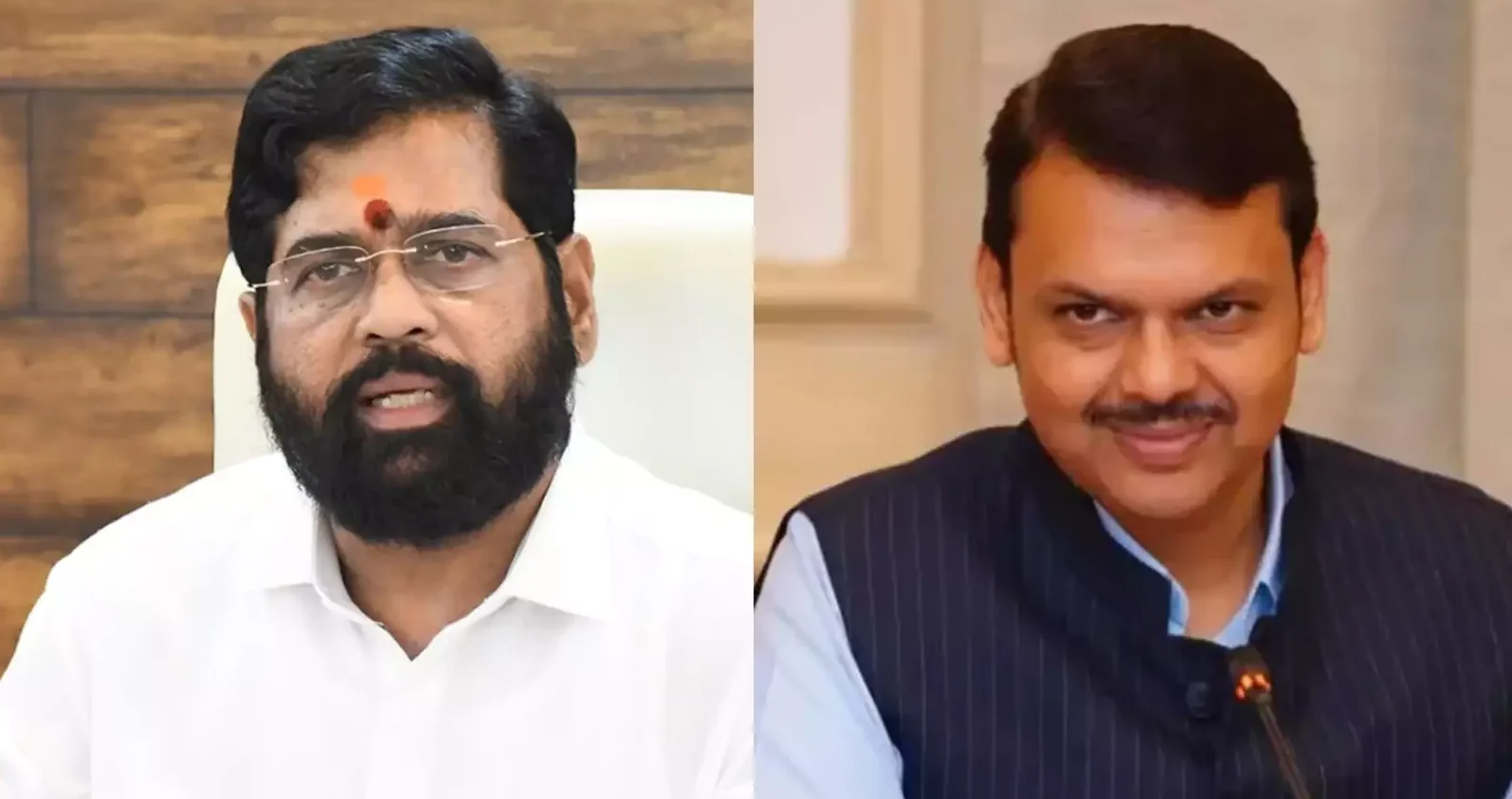
‘Washing Machine’: Congress MP Raises Concerns Over Clean Chits to Chandrababu Naidu, Ajit Pawar in Lok Sabha
In a significant move highlighting the functioning of India’s central investigative agencies, Congress MP Manickam Tagore raised an adjournment motion in the Lok Sabha on Monday, expressing concerns about recent clean chits given to Andhra Pradesh Chief Minister Chandrababu Naidu and Maharashtra Deputy Chief Minister Ajit Pawar. Both leaders are members of political parties aligned with the ruling National Democratic Alliance (NDA) at the Centre.
Also Read: The Aftermath: Houston Texas Truck Accident Attorney
Tagore’s motion called for an in-depth discussion about the alleged selective approach of central agencies, including the Central Bureau of Investigation (CBI) and the Enforcement Directorate (ED), in handling high-profile cases. His remarks have reignited the debate over the impartiality and credibility of these institutions.
Tagore Questions ‘Clean Chit’ to Political Leaders
Speaking to the media, Tagore referred to the ED and CBI as “washing machines,” alleging that these agencies have become tools to cleanse politicians of corruption charges once they align with the ruling BJP. “I have moved adjournment motions about the two ‘washing machine’ stories – where Ajit Pawar and Chandrababu Naidu have been cleaned by PM Modi. Therefore, we want to discuss the functioning of ED and CBI,” Tagore was quoted as saying by news agency ANI.
He further questioned whether due legal processes were followed in clearing Naidu and Pawar of their respective cases. Tagore emphasized that the credibility of investigative agencies is now “at stake,” especially when decisions seem to align conveniently with political shifts.
Controversial Cases Under Scrutiny
The cases involving Chandrababu Naidu and Ajit Pawar have been controversial due to their high stakes and political implications. Naidu was previously implicated in the ₹371 crore skill development scam, a case that drew significant public attention. Ajit Pawar, on the other hand, faced allegations linked to a ₹1,000 crore IT benami property case.
In his adjournment notice, Tagore addressed these cases, stating: “Hon’ble Speaker Sir (Om Birla), I rise to express concern over the clean chits given to Maharashtra Deputy CM Ajit Pawar and Andhra Pradesh CM Chandrababu Naidu in high-profile cases. The IT benami property case involving ₹1,000 crore and the ₹371 crore skill development scam raise doubts about the fairness of our investigative agencies.”
Allegations of Political Bias
The opposition, including the Congress, has frequently alleged that the central investigative agencies are being used to target political rivals while protecting those who join or support the BJP-led NDA. Tagore’s remarks add weight to these claims, suggesting that agency actions are selectively favorable towards leaders who align with the ruling coalition.
Tagore’s use of the term “washing machine” underscores the belief among critics that corruption charges against opposition leaders tend to disappear once they switch political allegiance. This metaphor has been employed by various opposition leaders in recent years to describe the phenomenon of selective investigations and exonerations.
ED and CBI’s Role Under Scrutiny
The role of the ED and CBI has come under increasing scrutiny, with critics accusing the agencies of losing their autonomy. In high-profile cases involving opposition leaders, these agencies have been quick to initiate probes, conduct raids, and file charges. However, instances where similar action is withheld or reversed for ruling alliance members have raised concerns about impartiality.
Tagore’s statement, along with his demand for a parliamentary discussion, highlights the growing perception that these agencies are being politicized. The Congress leader’s remarks are likely to amplify calls for institutional reforms to ensure that investigative bodies operate independently of political influence.
The Bigger Picture
This controversy comes at a time when India’s democratic institutions are under intense observation. Questions about the independence of the judiciary, the Election Commission, and now investigative agencies have become central to the opposition’s narrative against the government. By focusing on these issues, opposition leaders aim to corner the ruling BJP ahead of the 2024 general elections.
The clean chits to Naidu and Pawar have wider political implications. Both leaders belong to influential regional parties—the Telugu Desam Party (TDP) and the Nationalist Congress Party (NCP), respectively. Their alliances with the NDA are seen as strategic moves by the BJP to bolster its position in Andhra Pradesh and Maharashtra.
A Call for Accountability
The demand for transparency and accountability in the functioning of central agencies is not new. Over the years, political parties across the spectrum have voiced concerns about selective targeting and exoneration. However, Tagore’s adjournment motion serves as a stark reminder that the credibility of these institutions is crucial to the health of India’s democracy.
Also Read: Trucking Injuries Attorney Houston: Seeking Justice After an Accident
By raising these issues in Parliament, Tagore and the Congress hope to spark a larger conversation about the role of investigative agencies in a democracy. Whether this motion leads to actionable reforms or is brushed aside remains to be seen, but it undeniably brings the spotlight back onto the functioning of key institutions.
Conclusion
Manickam Tagore’s motion in the Lok Sabha underscores growing discontent with the perceived politicization of India’s central investigative agencies. As Tagore rightly pointed out, the integrity of institutions like the ED and CBI is critical to maintaining public trust in the justice system. Allegations of selective investigations and exonerations based on political convenience threaten to erode this trust.
The controversy surrounding Chandrababu Naidu and Ajit Pawar’s clean chits highlights the need for greater transparency and accountability. Whether Parliament takes up the issue for discussion or not, the larger question remains: Can India’s investigative agencies function free from political interference? This question is not just about individual cases but about the fundamental principles of justice and fairness in a democracy.
